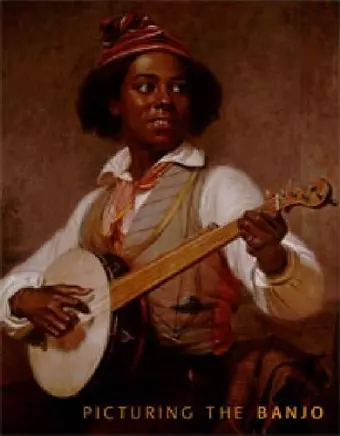Picturing the Banjo
Format:Paperback
Publisher:Pennsylvania State University Press
Published:15th Jan '06
Currently unavailable, and unfortunately no date known when it will be back

The history of the banjo is as haunting as its music. Made popular in minstrel shows of the nineteenth century, the “banjar” derives from the stringed gourd instrument African slaves brought with them to plantations in the Caribbean and American South. From minstrelsy to the folk music revival of the twentieth century, the banjo has continued to attract audiences and acquire meaning. Picturing the Banjo gives this long history an entirely new dimension by tracing the instrument’s representation in American visual culture from the eighteenth century to the present. Published in conjunction with an exhibition of the same name, Picturing the Banjo offers the first examination of the instrument’s portrayal in images that range from anonymous photographs of performers to paintings by Thomas Eakins and prints by Dox Thrash. Leo G. Mazow, contributing editor of the volume, and his collaborators demonstrate that the banjo became an American icon that links popular music to fundamental issues of race, class, and gender. Simple and appealing as the instrument may seem in Henry Ossawa Tanner’s The Banjo Lesson or Eastman Johnson’s Old Kentucky Home, it carries powerful associations with social conflict and change. Through its many color and black-and-white illustrations, this book allows readers to experience the works of visual art and period instruments brought together in the pioneering exhibition organized by the Palmer Museum of Art of The Pennsylvania State University. Picturing the Banjo will be of interest to banjo lovers, scholars in American studies, and all those concerned with the musical and artistic heritage of slavery.
"The instrument proper to them [slaves] is the banjar, which they brought hither from Africa." - Thomas Jefferson"
ISBN: 9780271027104
Dimensions: 279mm x 216mm x 19mm
Weight: 1107g
200 pages